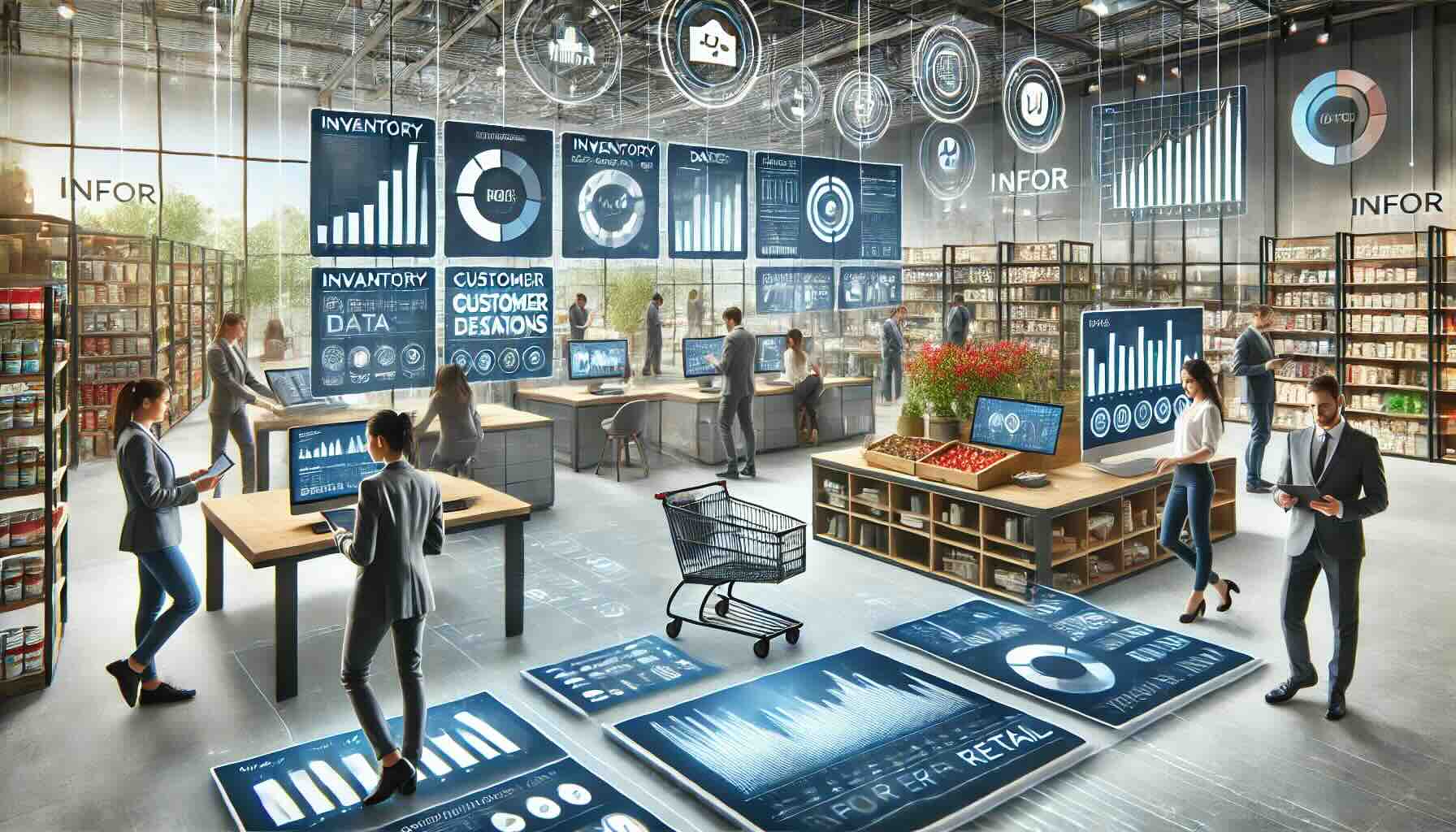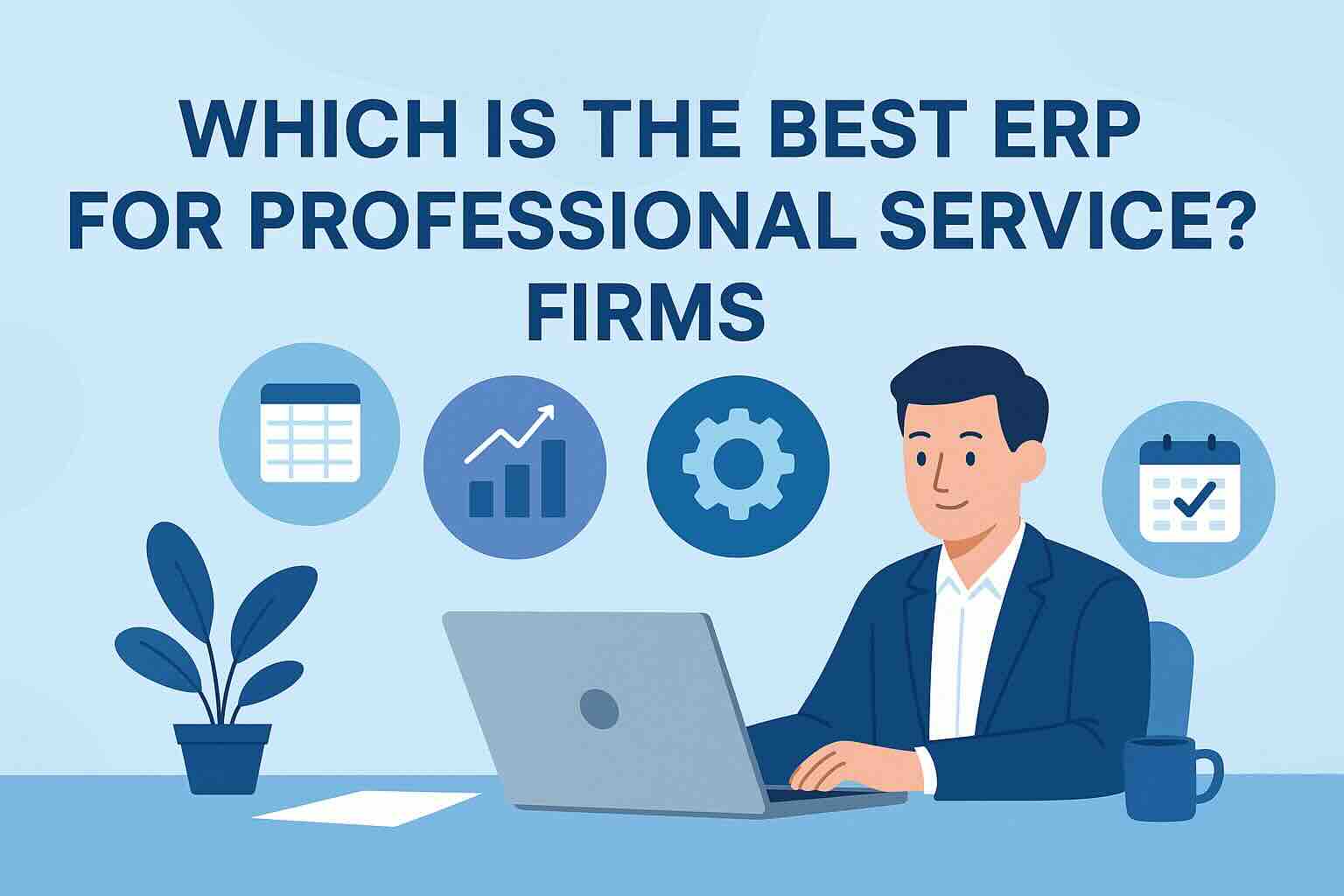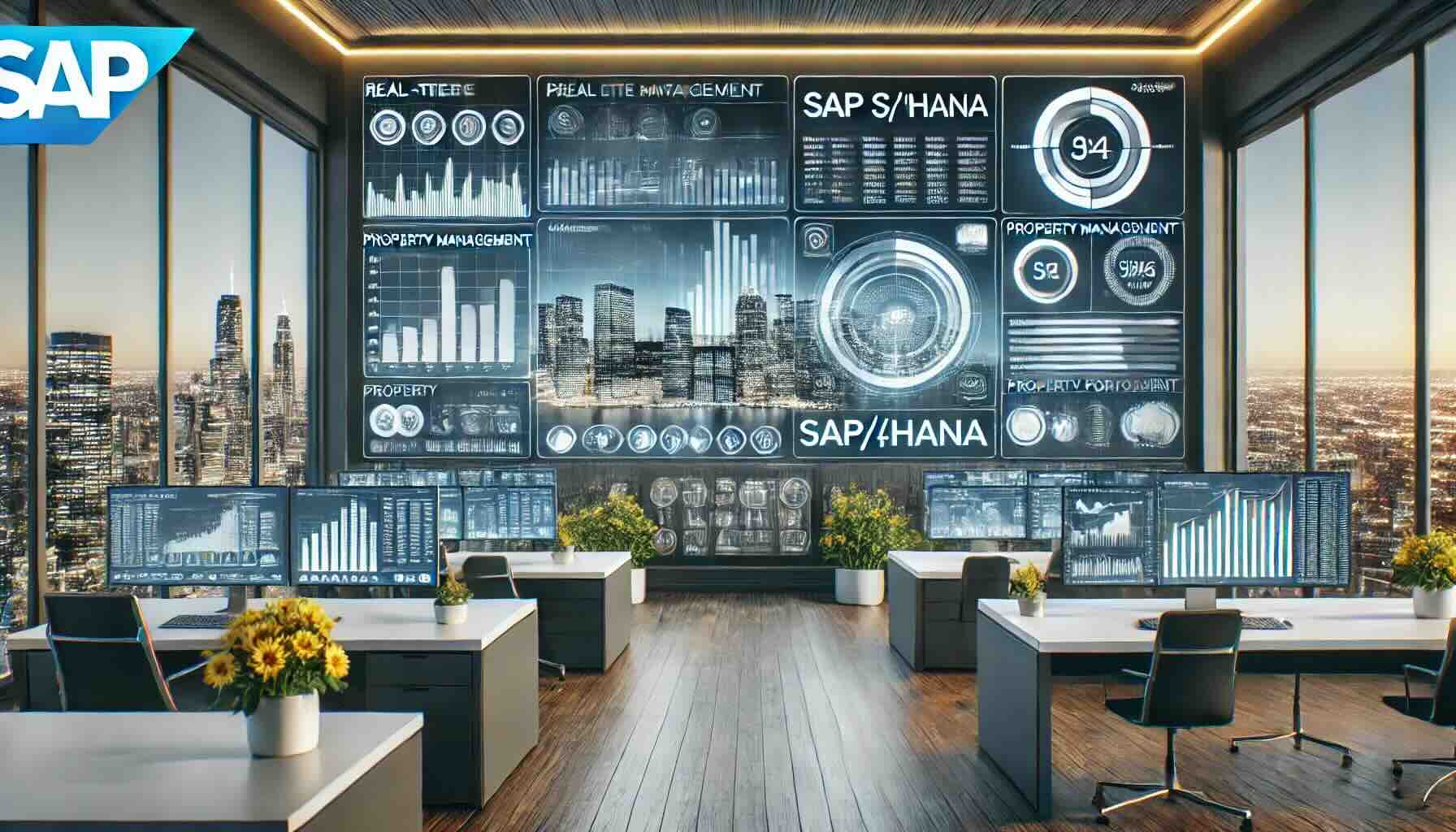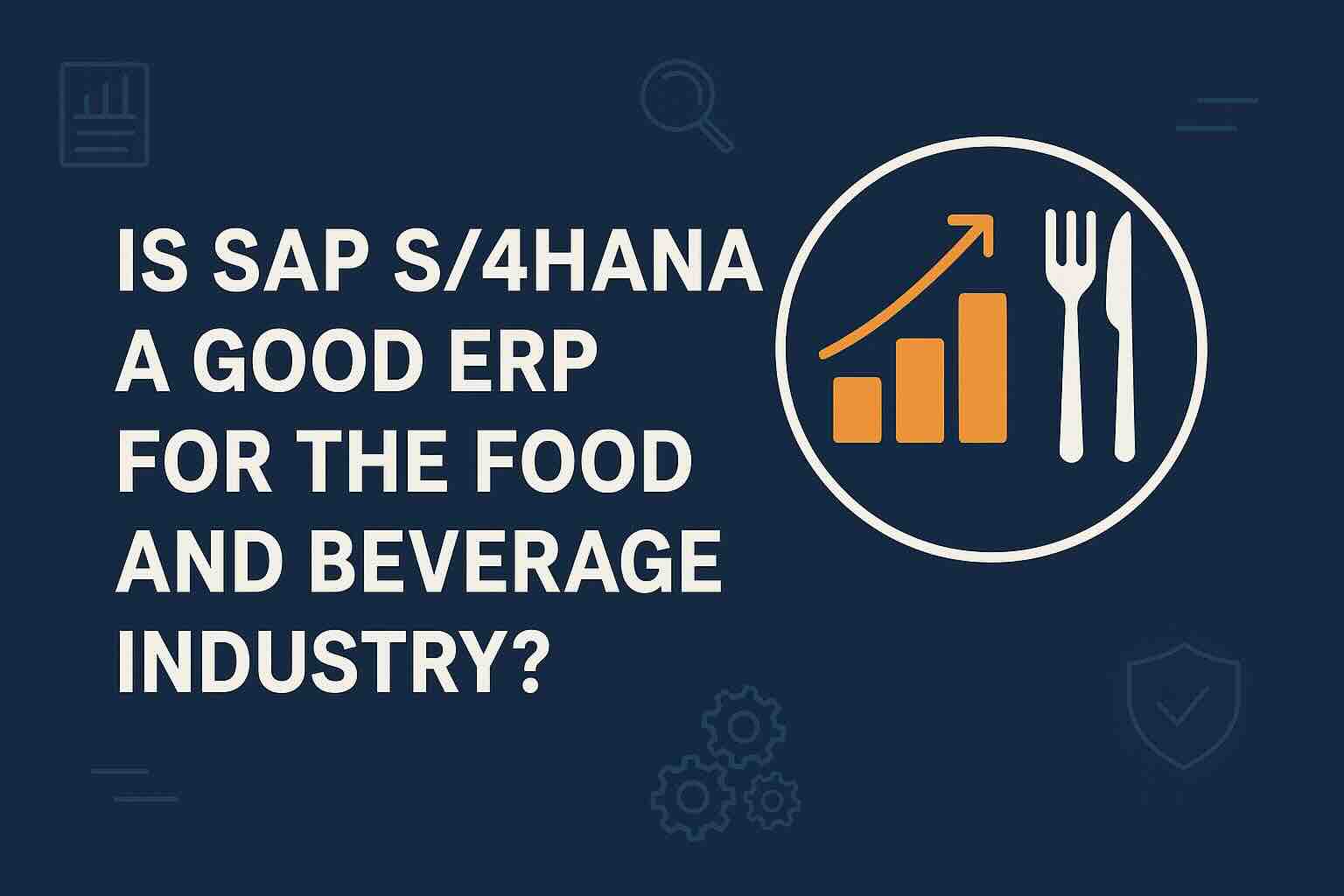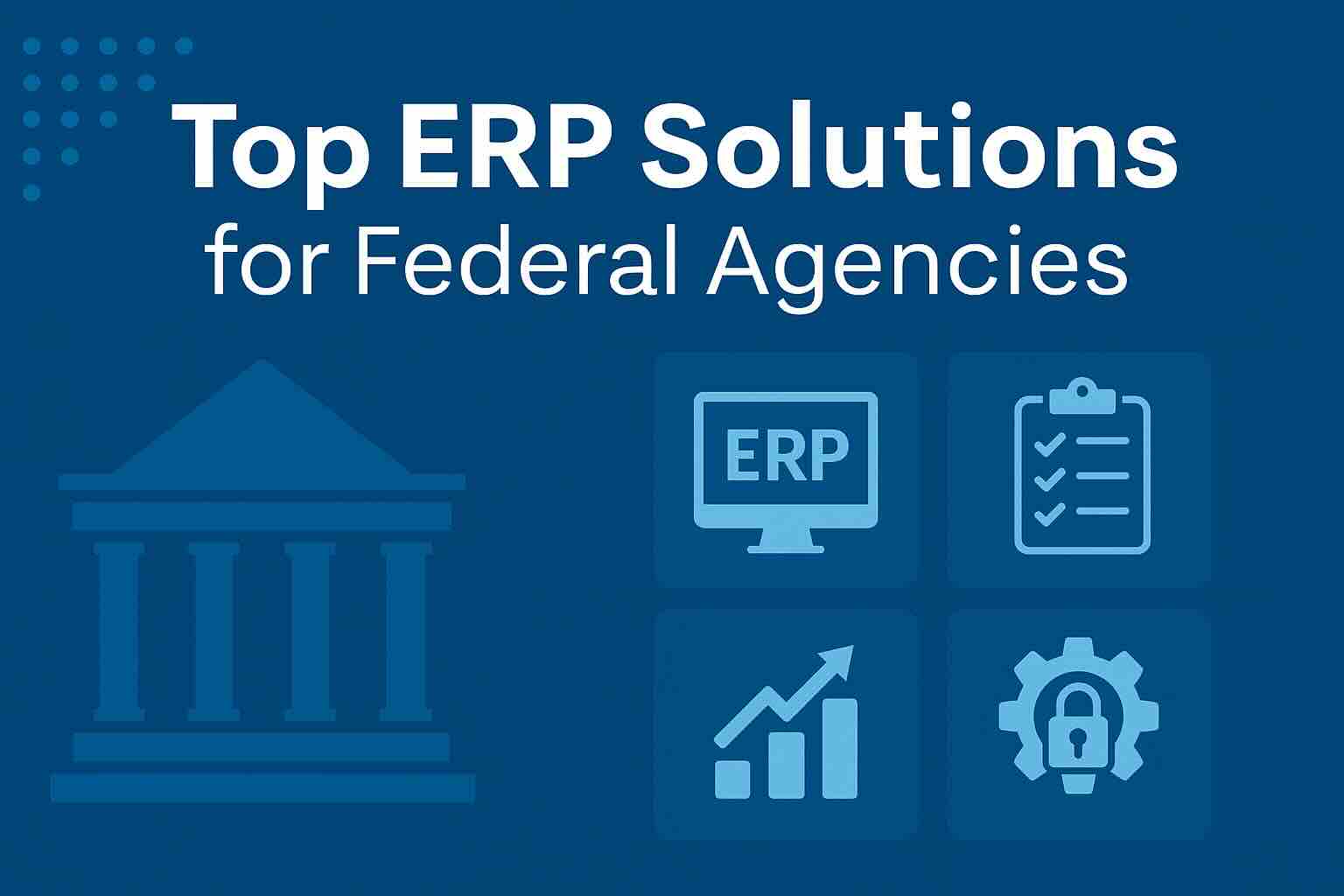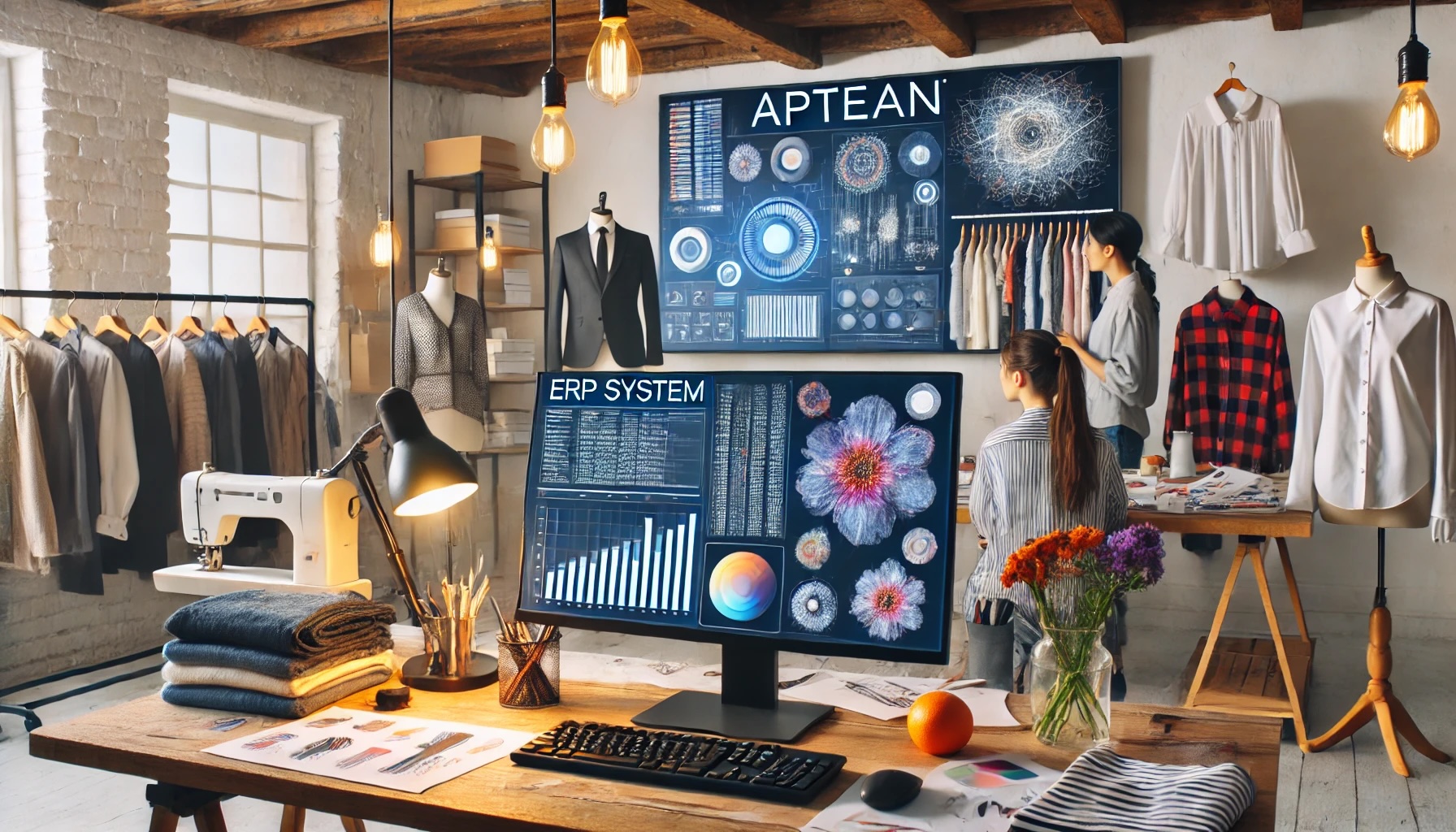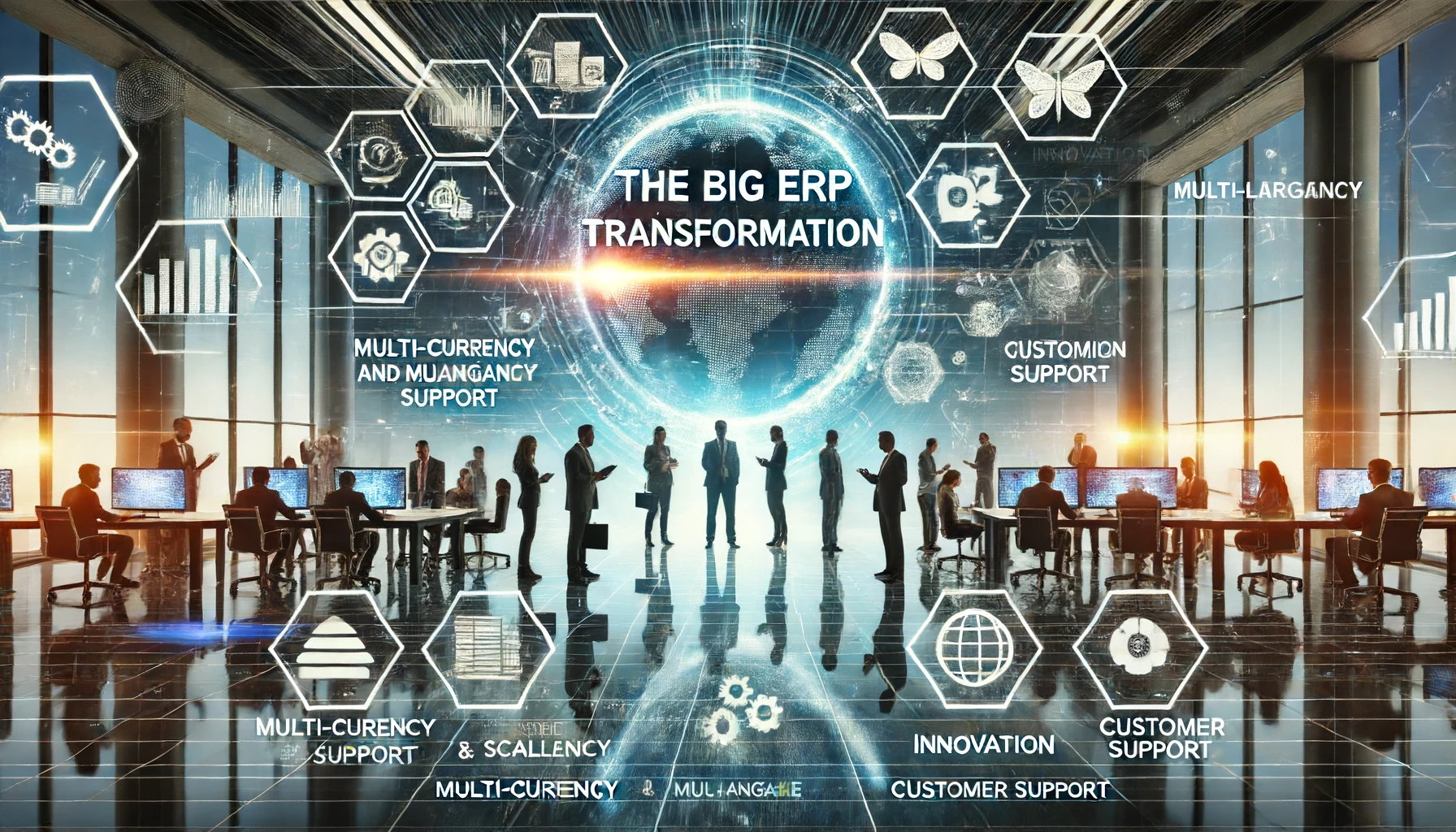Is Microsoft Dynamics a Good ERP for Consumer Goods?
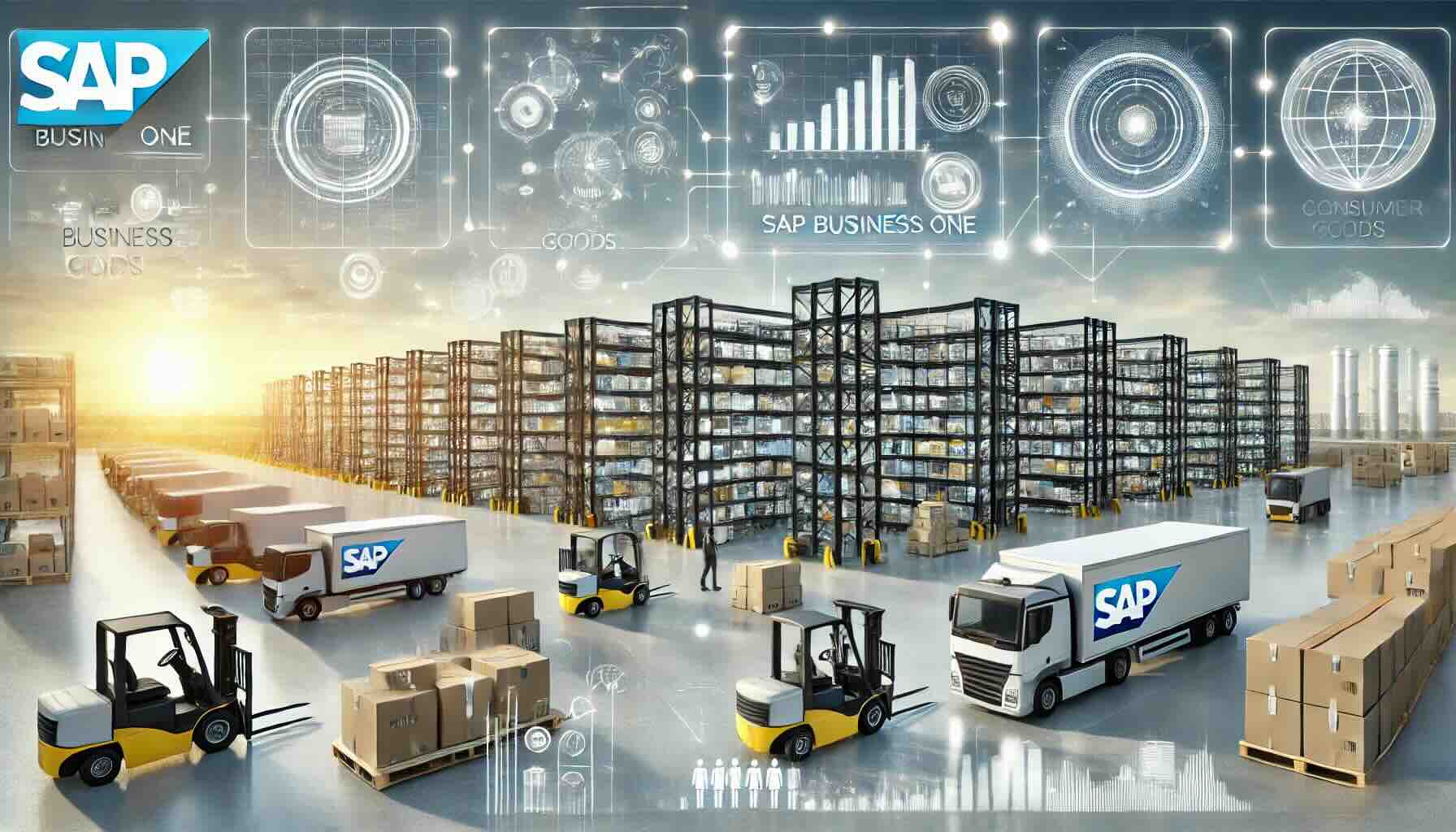
When it comes to consumer goods, industries are spoiled for choice. From maintaining a complicated supply chain to adapting to consumer trends, consumer goods industries of the modern world are facing a set of numerous challenges. This is where technologies take over. And when it comes to technological sophistication, few can pass Microsoft Dynamics. Offering a consolidated, integrated, and centralised way of managing a business is probably the biggest USP of this technology.
Understanding the Consumer Goods Industry Landscape
The manufacturing, distribution, and retail industries are ever-changing, which means they need a powerful system to support their needs. A dynamic industry such as consumer goods requires an ERP system that is not just an information technology (IT) solution, but a strategy that helps businesses grow, deliver value to customers, and increase efficiencies.
Microsoft Dynamics ERP: A Closer Look
Microsoft Dynamics is one of the most tightly integrated ERP packages with the broader Microsoft environment. Its apps can quickly be deployed with limited customisation and cost, provide scalability and integration.
Strengths
Integration with Other Microsoft Clients: Microsoft Dynamics 365 integrates with other Microsoft products such as Office 365. This is great for all users as Microsoft’s integration allows for an intuitive and smooth experience. This is especially true of users already associated with the Microsoft ecosystem.
- Advanced Analytics and Business Intelligence: It utilises Power BI to provide better analytics and insights. This is an important feature for consumer goods companies, as they need analytics in real time to make informed decisions on their inventory management, sales transactions and their respective consumer preferences.
- Customisable and Scalable: The platform can be customised to fit the needs of a consumer goods business. It can also be scaled up with business development and adapt to changes in the business environment as a whole.
- Supply Chain Optimization: Its built-in supply chain management functionality enables companies to optimise operations, cut down costs, and enhance efficiency.
- CRM (customer relationship management): integrated CRM capabilities allow enterprises to better understand their customers, a key focus of the consumer goods industry.
Weaknesses
- Complexity and Learning Curve: Microsoft Dynamics is far reaching in scope, and users might have a steeper learning curve than other competitors. Training and adaptation are essential.
- Cost: Price for this multitasking option can be high, and for small to medium sized enterprises an expensive extra.
- Depends on the Microsoft Ecosystem: For businesses that are not already using Microsoft products, integration will be more challenging.
Comparison with Other ERPs in the Consumer Goods Industry
While Microsoft Dynamics is a strong contender so are SAP Business One and Oracle Fusion, high-end ERPs that cater to consumer goods companies. SAP Business One is one of the oldest ERPs with deep functionalities specific to the industry. Oracle Fusion, on the other hand, is very cutting-edge and uses the latest cloud technology. But Microsoft holds its own because of its integration and analytics capabilities.
Suitability for the Consumer Goods Industry
Businesses in the consumer goods sector can benefit from Microsoft Dynamics capabilities. The tool has a mix of features that can help them in overcoming the challenges that are unique to the industry. In an industry where market swings and seasonal customer behaviour are prominent, strong analytical tools that help keep track of supply and demand or assist in year-end inventory predictions can be a big relief. The business intelligence tools can come in handy in such situations. The fact that the tool has Microsoft products integrated within it could mean that it is a company’s go-to choice for unified and efficient operations.
Conclusion
Microsoft Dynamics ERP, then, is a good contender for the consumer goods company that needs a flexible ERP solution that combines business process integration, advanced analytics, and scalability. Microsoft Dynamics is not without its issues, including being a complex, and not inexpensive, system. However, its potential to transform and unify business processes while adding valuable insights make it a worthwhile choice for the consumer goods industry. As the consumer goods industry continues to evolve, the ability for businesses to stay on its fast track using powerful and sophisticated tools is important to remain competitive in an emerging consumer-dominated world. With Microsoft Dynamics, the enterprise can not only lose weight but remain healthy and strong – ready to leap. Click this link to find out more about Microsoft Dynamics for consumer goods.
To compare these ERP solutions and many more, you can use our new AI-powered Compare ERP tool. It’s free to use and you get a guaranteed discount on your first year’s licence fees with a referral from Compare ERP.

